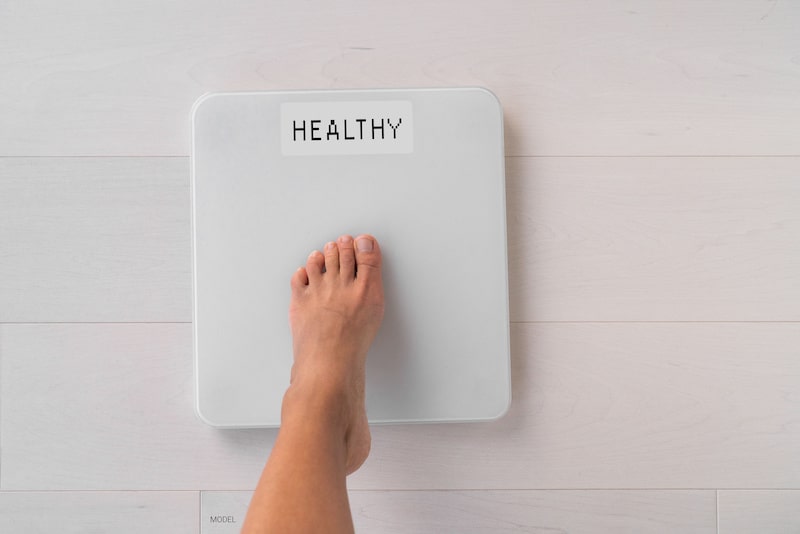4 Minute Read:
Despite the common misconception, plastic surgery procedures are not meant to help men and women lose weight. While you may lose a few pounds, depending on the procedure you undergo, plastic surgery is meant to make corrections to your overall outward aesthetic.

Unfortunately, this means that your weight and, more importantly, your BMI (body mass index) play a critical role in determining your candidacy for cosmetic surgery.
In this blog, we’ll explore why your BMI is important for plastic surgery and how you can lower your BMI so that you can undergo cosmetic procedures to help you look and feel better and more confident about yourself.
What Exactly Is BMI?
Your body mass indicator is a calculation of your weight and height.
Essentially, it is a way of calculating whether your weight is too high, too low, or just right for your height. Your BMI is given as a number, which fits under different levels.
If your BMI is less than 18.5, then you are considered underweight; if it is between 18.5 and 24.9, then you are at a healthy weight; if it is between 25 and 29.9, then you are overweight; and if your BMI is greater than 30, then you are considered obese.
Though the calculation requires some math, you can easily check your BMI online at various BMI calculators like this one.
In many ways, BMI is a good indicator of a person’s general health, since obesity leads to many serious medical conditions, including high blood pressure, heart disease, stroke, and diabetes, among other conditions. Additionally, BMI is something that can help determine whether you can undergo plastic surgery or not.
Why Is BMI Important for Plastic Surgery?
It goes without saying that some plastic surgery procedures are very invasive, requiring anesthesia, incisions, and recovery. Because of this, one of the major requirements for candidacy is that men and women should be in good general health.
Many body contouring cosmetic procedures, such as tummy tuck surgery and liposuction surgery, do remove pockets of fat from the body, but patients with a high BMI have too much fat to safely remove.
Additionally, a high BMI can lead to several risks and complications, both during and after plastic surgery procedures, including:
- Complications with anesthesia
- Greater inflammation (swelling)
- Longer recovery time
- Increased pain during recovery
- Complications with organ function
- Impaired results
How Can I Lower My BMI in Preparation for Plastic Surgery?
While we’ve discussed the importance of having a healthy BMI for cosmetic surgery procedures, lowering BMI can be much easier said than done; however, it can be done.
The most common way to lose weight and lower BMI in a healthy and safe way is through normal diet and exercise.
While crash diets and fad diets are not necessarily healthy and can pose many risks for your body, eating healthy foods (vegetables, fruits, and proteins) and staying away from unhealthy foods (processed foods and foods high in sugar and salt) can help you achieve the BMI you want.
Additionally, regular exercise each day (whether it be walks, gym time, cycling, or any other cardiovascular activity) can help you shed those unwanted pounds for a healthier body, which improves your plastic surgery candidacy.
For men and women who are obese, bariatric surgery is an option. These surgical procedures make changes to the digestive system to help patients lose weight. With bariatric surgery, it is important to understand that these procedures often leave men and women with stubborn fat deposits in the body as well as excessive and unsightly sagging skin.
To correct these concerns, post-bariatric surgery can help patients achieve a more contoured and shapely body aesthetic that can help improve their comfort and confidence.
In the End…
Your weight (and more importantly your BMI) plays a crucial role in determining your plastic surgery candidacy. Lowering a high BMI is not only important for allowing you the chance to have plastic surgery, but it can help you achieve better overall health, which can help you look and feel better than ever before.
Interested in Learning More?
If you are interested in any of the plastic surgery procedures that we offer, contact Dr. Martin O’Toole or Dr. Adam O’Toole today by calling (626) 671-1756 to set up a consultation.




